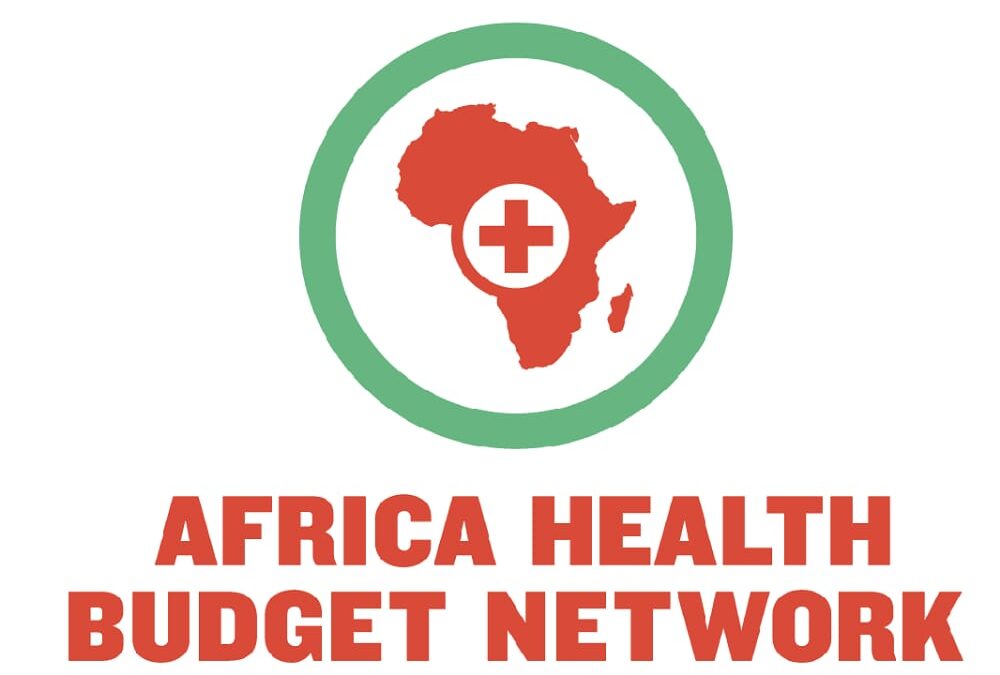PRESS RELEASE
Mental Health in Africa; AHBN calls for greater investment and tasks the 55 African Heads of States to step up domestic financing
Abuja, Nigeria; 18 October 2021: World Health Organization’s 2020 Atlas Report shows global failure to meet 2020 mental health targets. WHO’s Mental Health Atlas 2020 paints a disappointing picture of a worldwide failure to provide people with the mental health services they need, at a time when the COVID-19 pandemic is highlighting a growing need for mental health support.
The Atlas records mental health resources globally and provides an up-to-date overview of mental health system profiles in different countries and regions. It also provides up-to-date information on the existence of mental health services and resources around the world, including mental health policies, legislation and financing, the availability and utilization of mental health services, human resources and information/data collection systems.
A total of 10 global targets, including four new targets and corresponding indicators, have been analysed. Some existing targets have been updated for the four objectives of the Action Plan to measure collective actions and achievements by Member States towards the plan’s overall goals. The Progress values for 2020 indicate that the global targets can be reached in 2030 only if there is a collective global commitment over the next 10 years across Member States to make massive investments and expanded efforts at the country level relating to mental health policies, laws, programmes and services.
Key highlights from the Atlas Report are as follows;
- Significant gaps globally between the existence of policies, plans and laws and the implementation and monitoring of these and the allocation of resources.
- Gap seen in the implementation of mental health services at the primary health care level. While guidelines for the integration of mental health into primary health care exist and have been adopted in most countries, with activities ongoing for training and supervision, the integration of interventions for service delivery, such as pharmacological and psychosocial interventions for mental health conditions, remains limited.
- 80% of responding countries reported that care and treatment of persons with severe mental health conditions are included in national health insurance or reimbursement schemes and in insurance coverage for inpatient/outpatient mental health services.
- Human and financial resources allocated for the implementation of policies/plans are limited.
- Levels of public expenditure on mental health are low particularly meagre in low and middle-income countries.
A total of 45 African countries participated and made contributions for the report. In Africa, the policies and plans that included estimates of required human and financial resources, showed that just 24% of responding countries indicated that the necessary human resources had been allocated and 11% that the required financial resources had been provided.
In line with the Africa’s abysmal performance as shown in the 2020 WHO Atlas report, AHBN reiterated the need for dedicating adequate financial resources for mental health in all the 55 African nations, which is critical in developing, implementing and maintaining mental health services and making progress towards achieving the Atlas targets by 2030. More so, the availability of financial resources for mental health, and equity in their distribution and efficiency in their use, should be the focus for enhanced performance of mental health systems.
“With the clamour for well informed and prudent spending of the IMF earmarked US$33.7 billion Special Drawing Rights to the 55 African nations, commitment of its portion to Mental Health should be explored and prioritized” says Dr. Aminu Magashi Garba Coordinator Africa Health Budget Network
AHBN has also strongly called for greater investment on mental health in Africa and tasks the 55 African heads of States and Governments to step up domestic financing for mental health by improving national and sub-national insurance coverage thereby reducing out of pocket expenses as well as increase annual expenditure for mental health with at least 0.5% percent of the overall annual health budget expenditure.
The End
For more information, please contact:
Dr. Aminu Magashi Garba
Africa Health Budget Network Coordinator
T: +234-806-258-6203, E: gamagashi@gmail.com
Follow us @AHBNetwork

